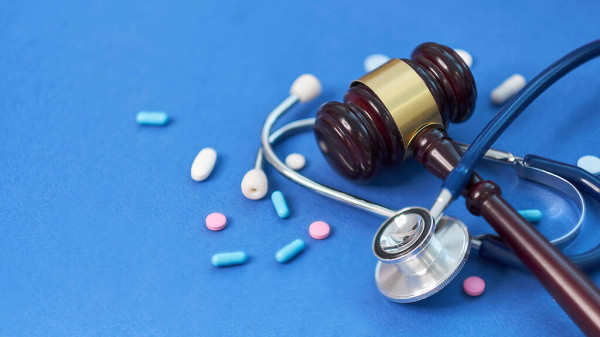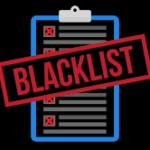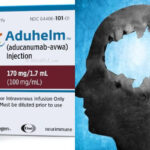How To Join Class Action Lawsuit Against Pharmaceutical Companies

When your doctor prescribes medication to help you manage your health problems, you trust it to be safe and effective. You certainly do not expect the medication to be more harmful than helpful. For people who have been injured by a defective drug, they are often left wondering what they are supposed to do next. The medicine they were prescribed was supposed to help treat or cure them, not cause them further harm.
When a pharmaceutical company puts a defective product into the market, that company should be held responsible for any harm that occurs as a result. This happens far more often than some people may think, but there is legal recourse for people who have been injured by defective medications. The cost of dealing with these issues can quickly pile up. Complications from defective drugs can lead to organ failure, severe bleeding, cancer, or even death.
What is a class-action lawsuit and how does it work?
A class-action lawsuit is a civil lawsuit brought on behalf of a group of people or business entities who have suffered common injuries as a result of the defendants’ conduct, with at least one individual or entity acting as a representative of that group. While the issues of a class action can vary, the issues in dispute are common to all class members. Class actions can be brought in state or federal court. If the case involves federal laws, then federal court is the proper jurisdiction.
When can i file a lawsuit against a pharmaceutical company?
A person can file a personal injury lawsuit against a pharmaceutical company when they have been injured by a drug or medical device created by that company. These pharmaceutical companies are typically the manufacturer of the drug or designed it. When that product causes serious medical complications or some other type of physical injury, a personal injury lawsuit for a defective product can help to win you the financial compensation you need to get your life back on track.
Why are class actions preferred?
Each litigant could bring their own action, so why join all the actions into one class-action lawsuit? The answer is that it is often more practicable for the plaintiff, the court and the defendants to join the individual actions into one lawsuit.
• Class actions are practical for the plaintiffs. Class actions mean just one set of witnesses, one set of experts, one set of documents and one set of issues. This efficiency makes it less expensive and easier for one law firm to handle one case than having one or more law firms try multiple cases.
One recovery also means all the victims get a fair distribution of the damages. When there are multiple lawsuits, the first few plaintiffs to win may get all the insurance proceeds or all the assets of the defendant leaving little or no money for those who win their cases later.
• Class actions are practical for the courts because one lawsuit is also cheaper for the courts than multiple lawsuits. One lawsuit means just one judge and one courtroom. One class-action lawsuit also means that multiple cases won’t clog up the court schedules.
How do I join a class action lawsuit against pharmaceutical companies?
The best way to join a class action lawsuit against a pharmaceutical company is to consult with a qualified attorney. You’ll likely not be involved with the day-to-day aspects of the case, but will have to convey information to your attorney that may include: your medical history.
How Much Does It Cost to Join a Class Action?
It does not cost anything to be part of a class action. In most class actions, the lawyers handling the case only receive a fee if they obtain a favorable result. In general, any legal fees will be deducted from the settlements or court award.
Pharmaceutical company settlement amounts
Let’s take a look at the top 10 pharmaceutical settlements, in order of dollar amounts (highest to lowest). These can include a combination of criminal fines and civil settlements:
| Company | Amount of penalties | Year |
| GlaxoSmithKline | $3 billion | 2012 |
| Pfizer | $2.3 billion | 2009 |
| Johnson & Johnson | $2.2 billion | 2013 |
| Abbott | $1.5 billion | 2012 |
| Eli Lilly | $1.42 billion | 2009 |
| Merck | $950 million | 2011 |
| Amgen | $762 million | 2012 |
| AstraZeneca | $520 million | 2010 |
| Actelion | $360 million | 2018 |
| Purdue Pharma | $270 million | 2019 |
You can also find useful information on: How to Report a COVID-19 Related Fraud





